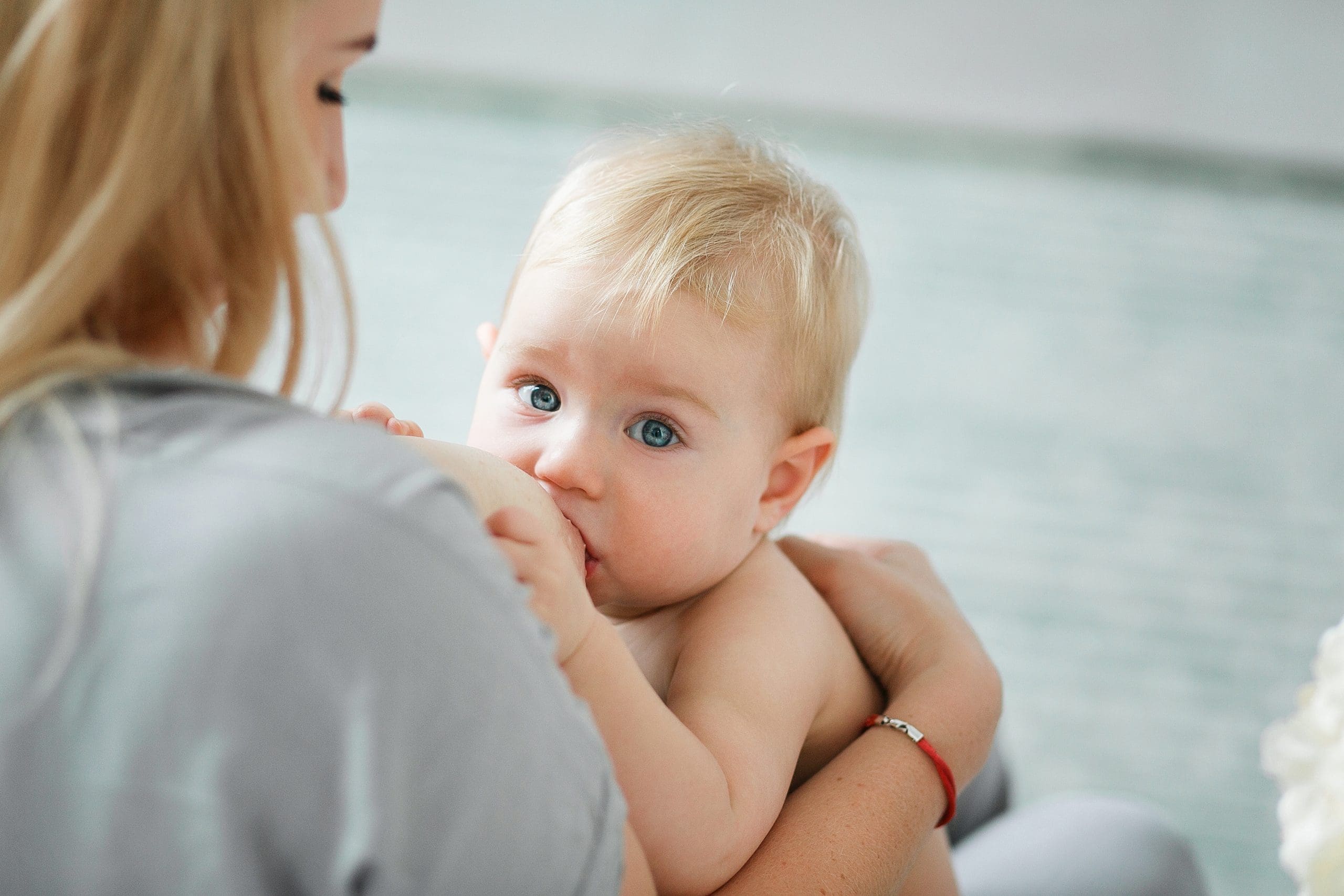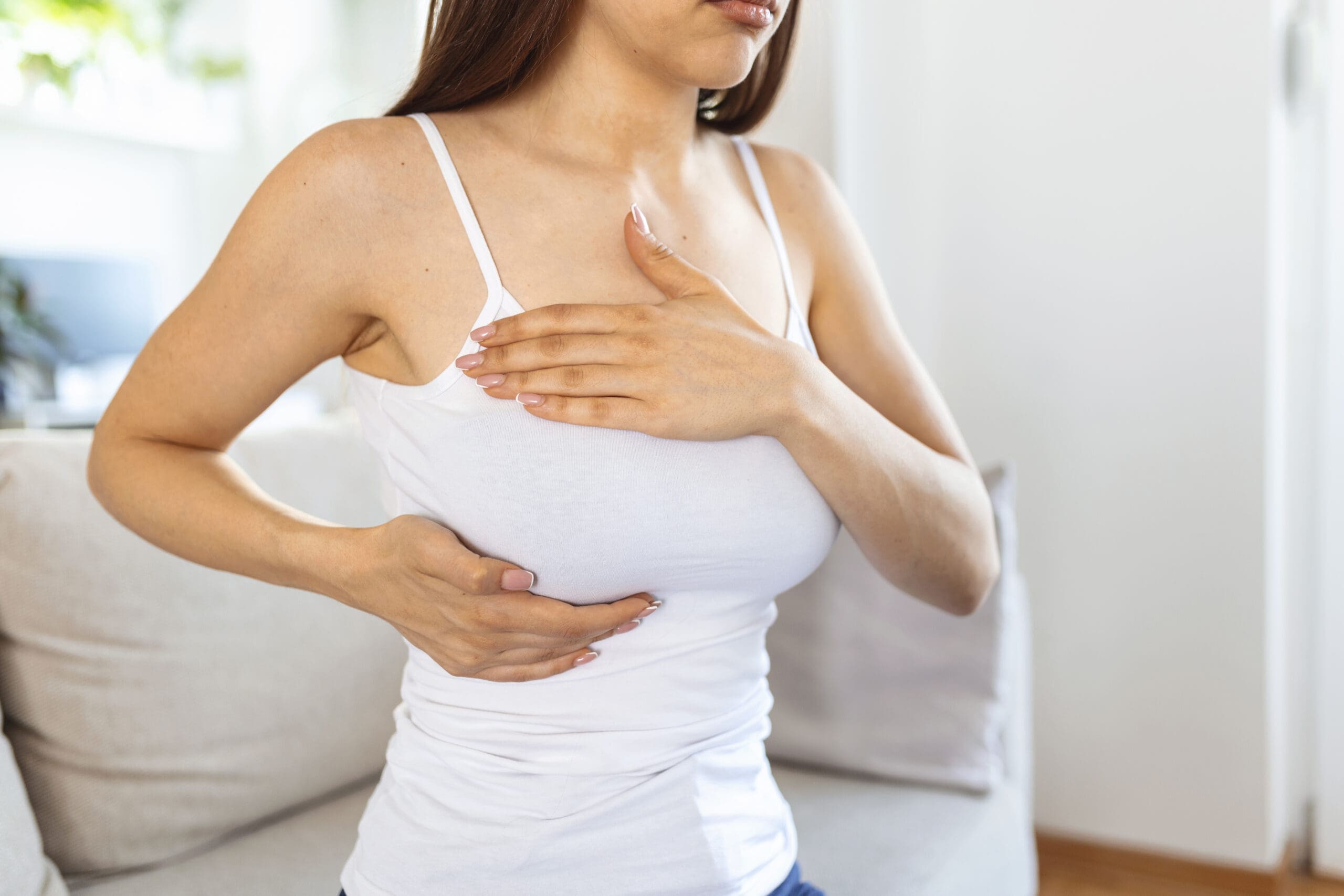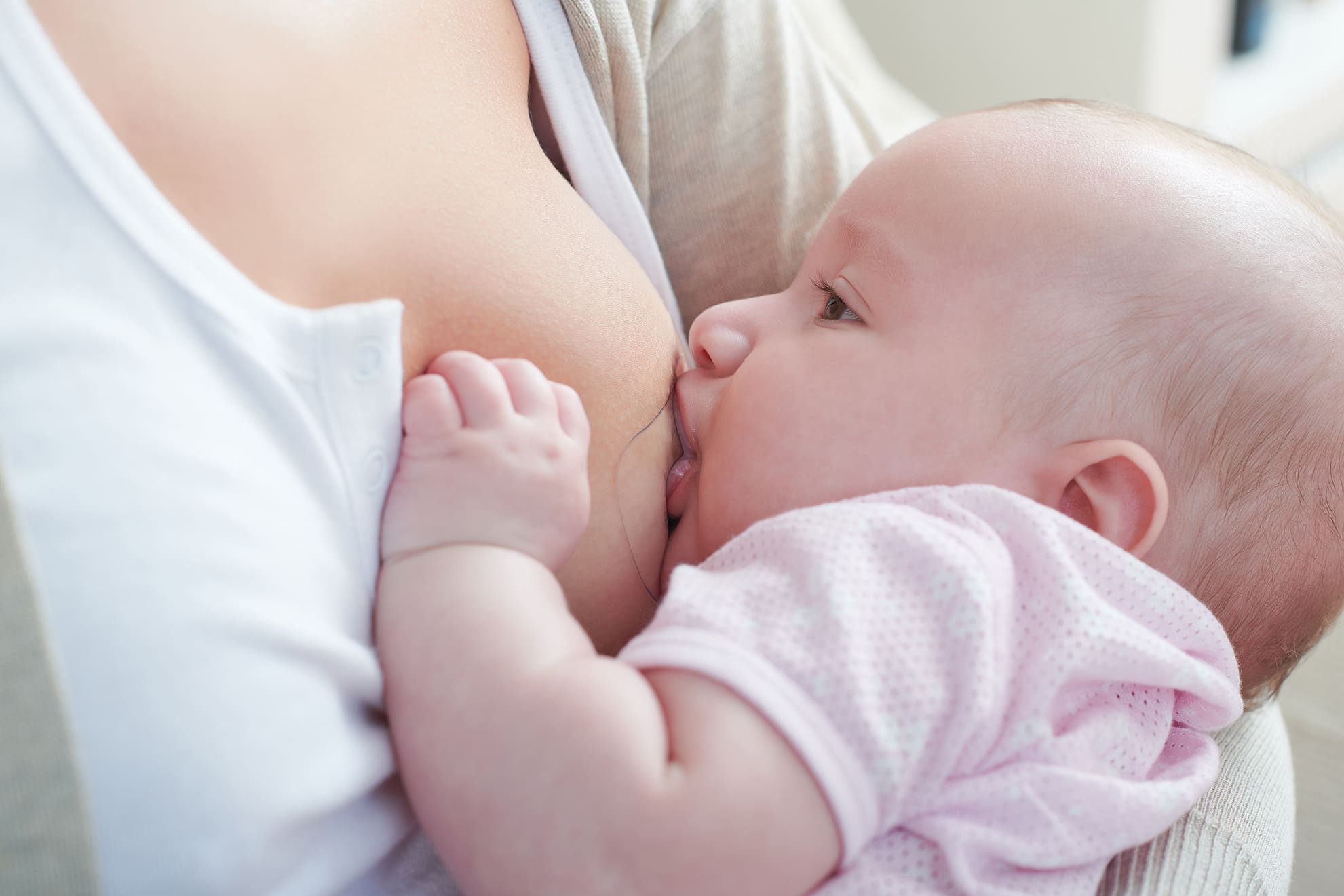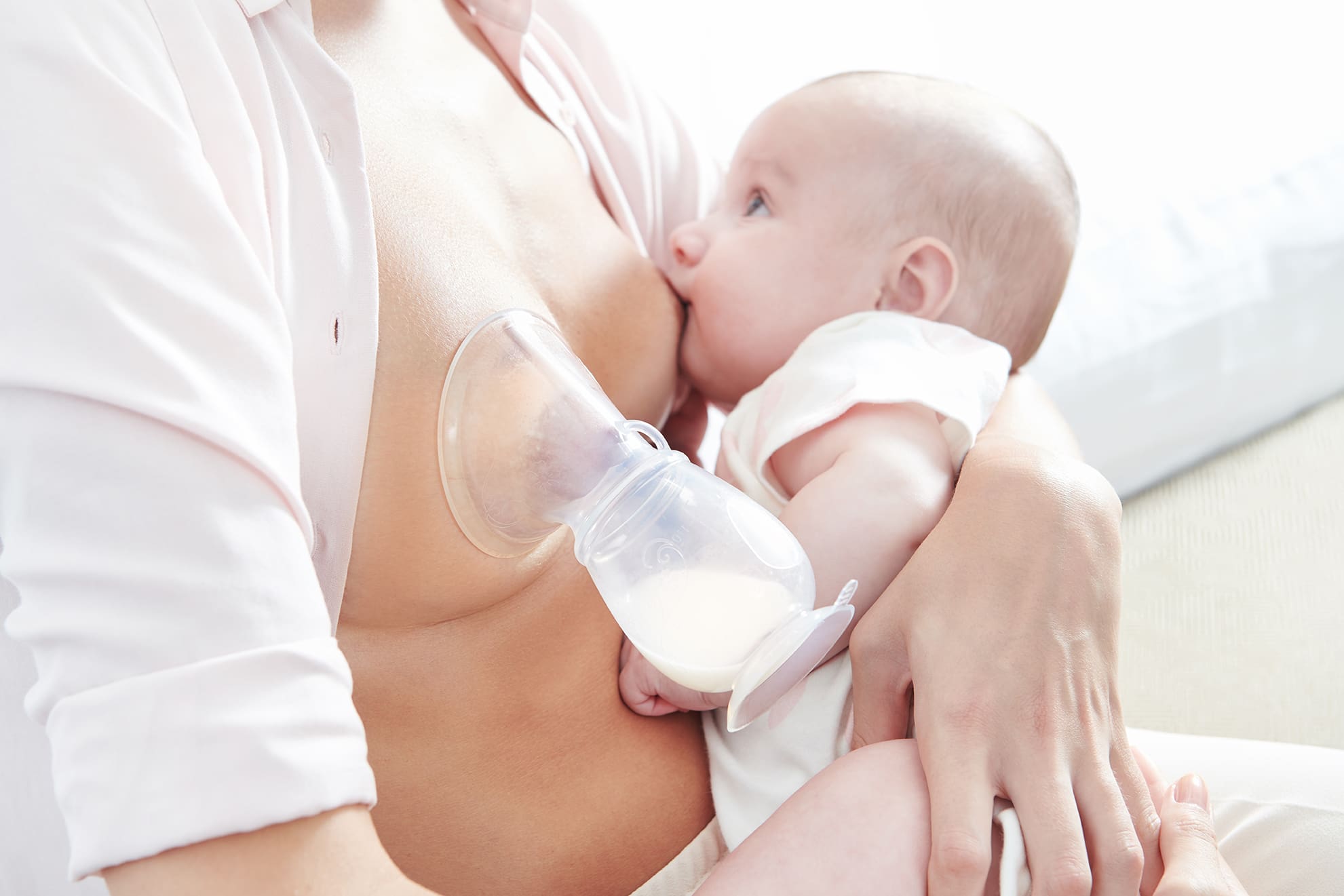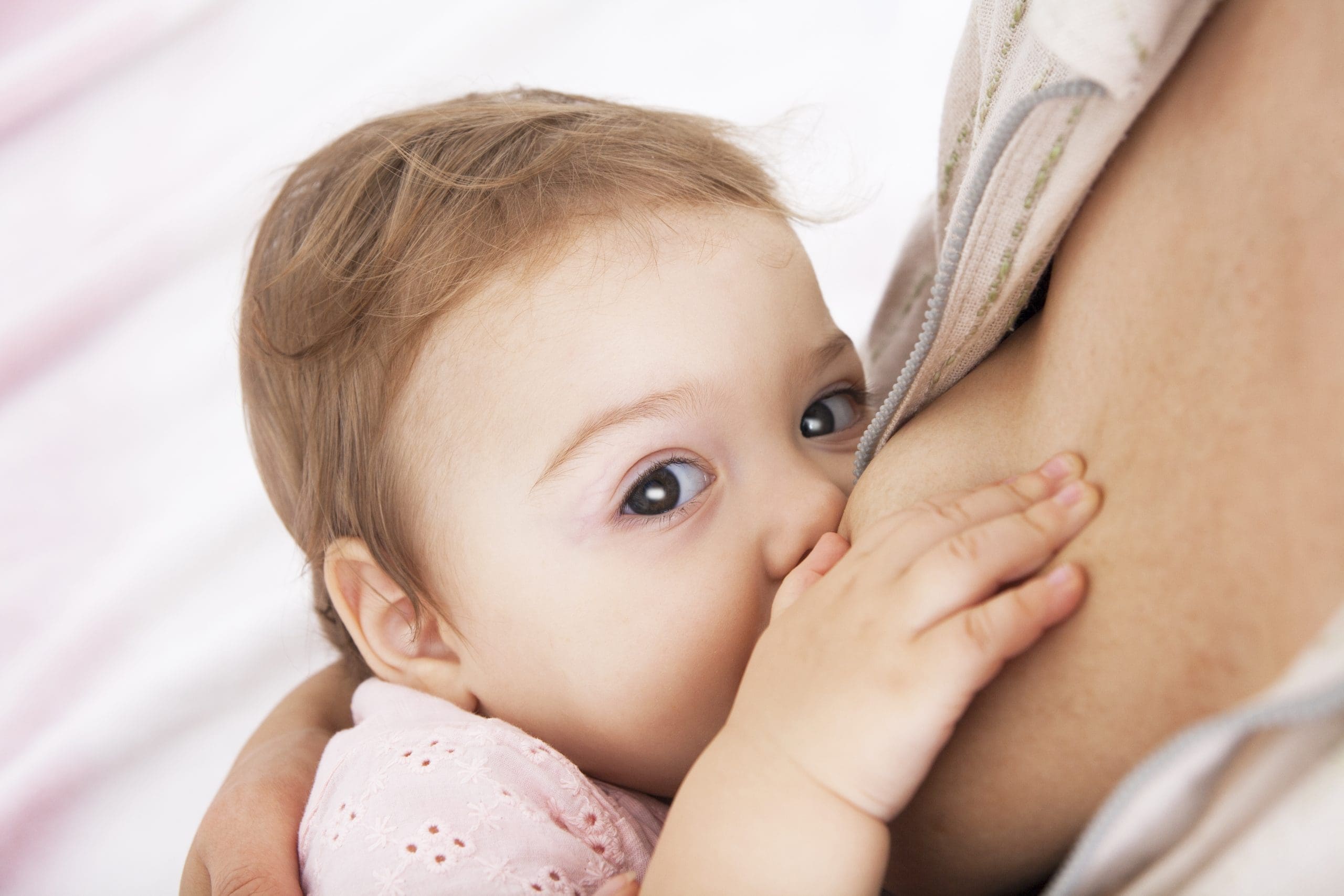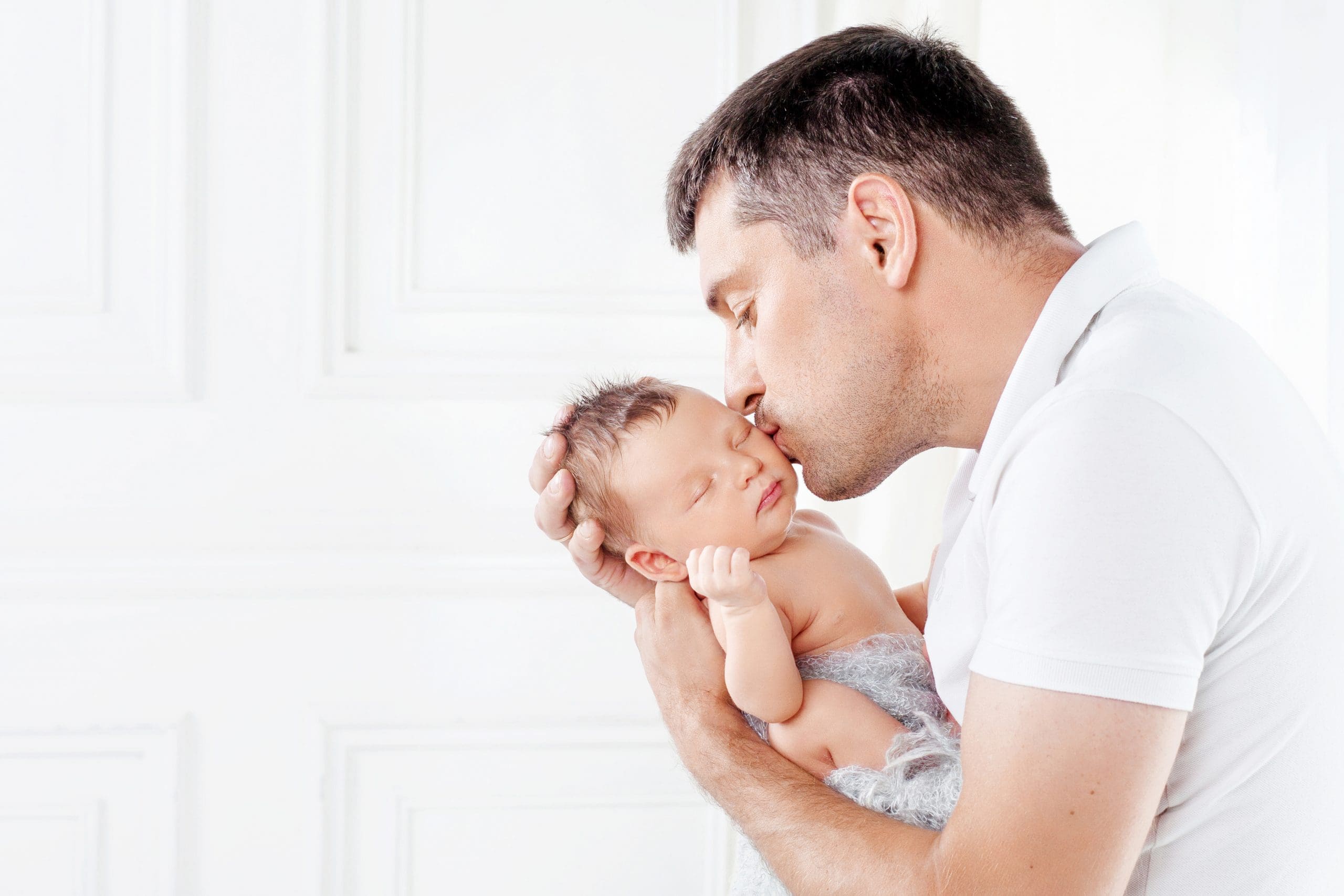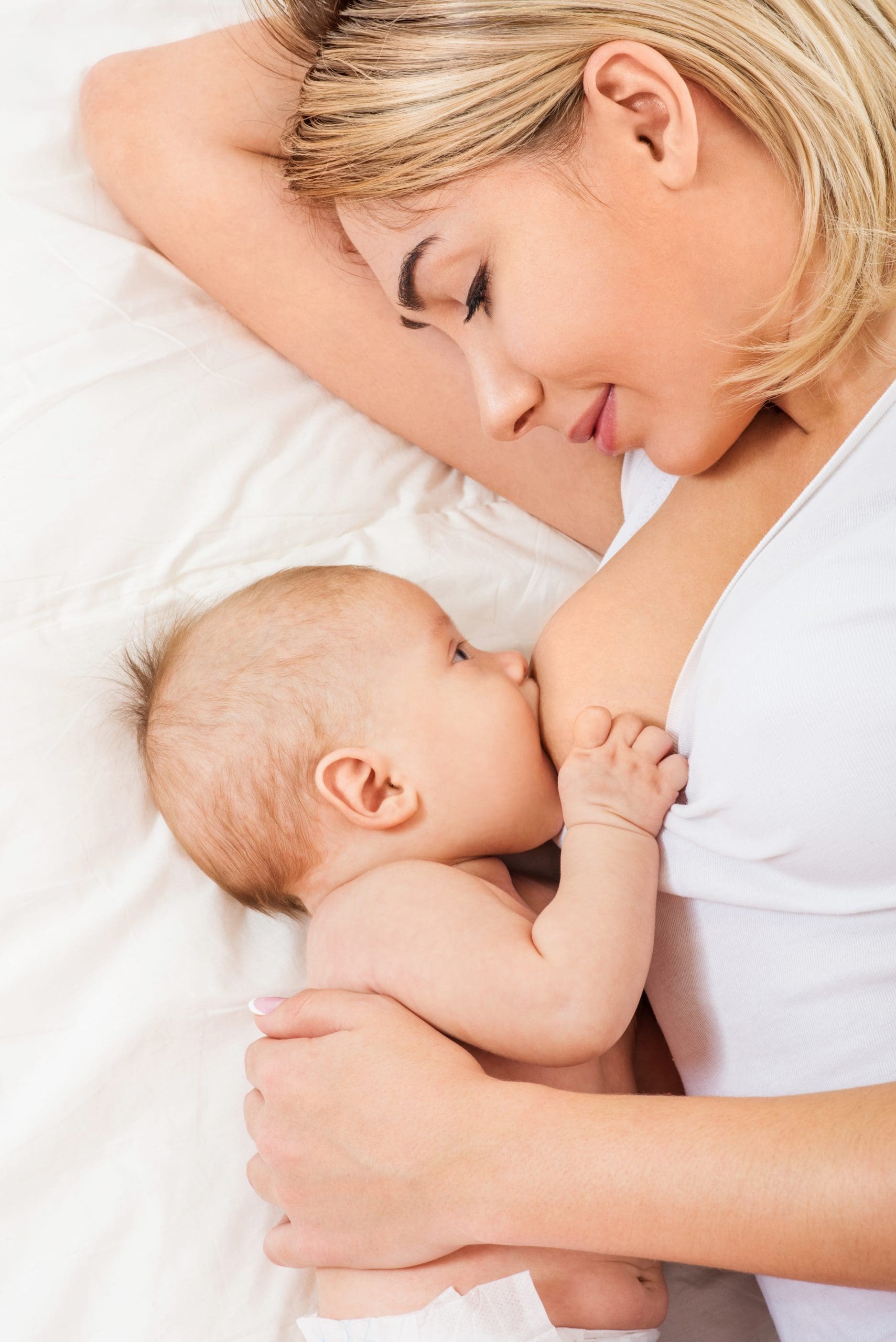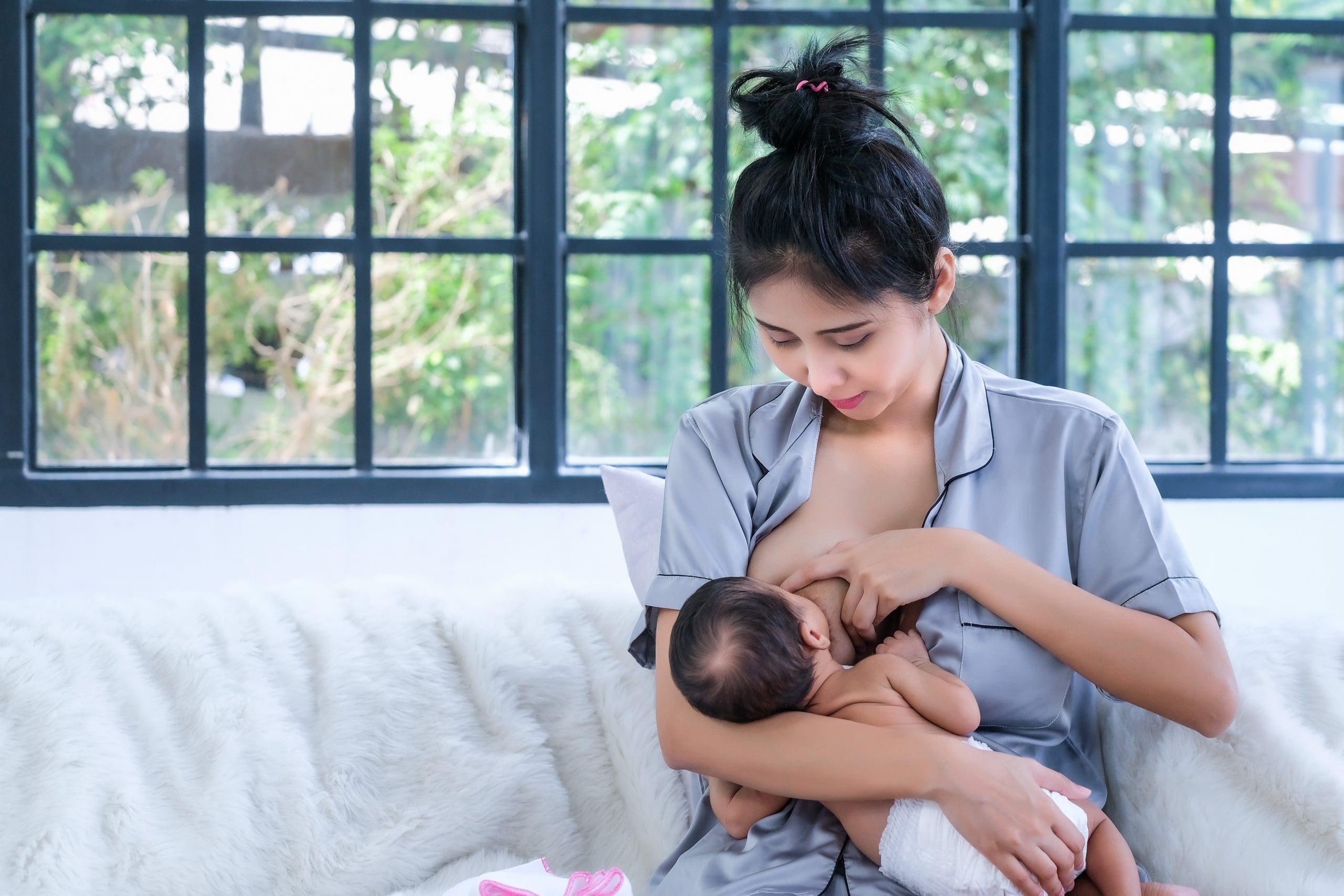Take appropriate measures depending on the symptoms to your breast problems
Common symptoms of breast trouble are presence of lumps or swelling that hurt and can be caused by plugged ducts or an infection called mastitis. Consult your healthcare provider such as your doctor, midwife, lactation nurse or lactation consultant, as these breast problems may lead to breast milk insufficiency and later result to poor weight gain in your baby.

Lumps and swelling
- If you find lumps or swelling, try to breastfeed using the appropriate positioning and latch on, besides increasing the frequency. Another way to take care of lumps and swelling is to express breast milk after and between breastfeeding.
- Expressing breast milk often helps, even when the lump causes a burning pain. There is a possibility that a lump in the mammary gland will become mastitis if it is left untreated. Additionally, if your baby suddenly stops wanting breast milk, it may be a sign of mastitis.
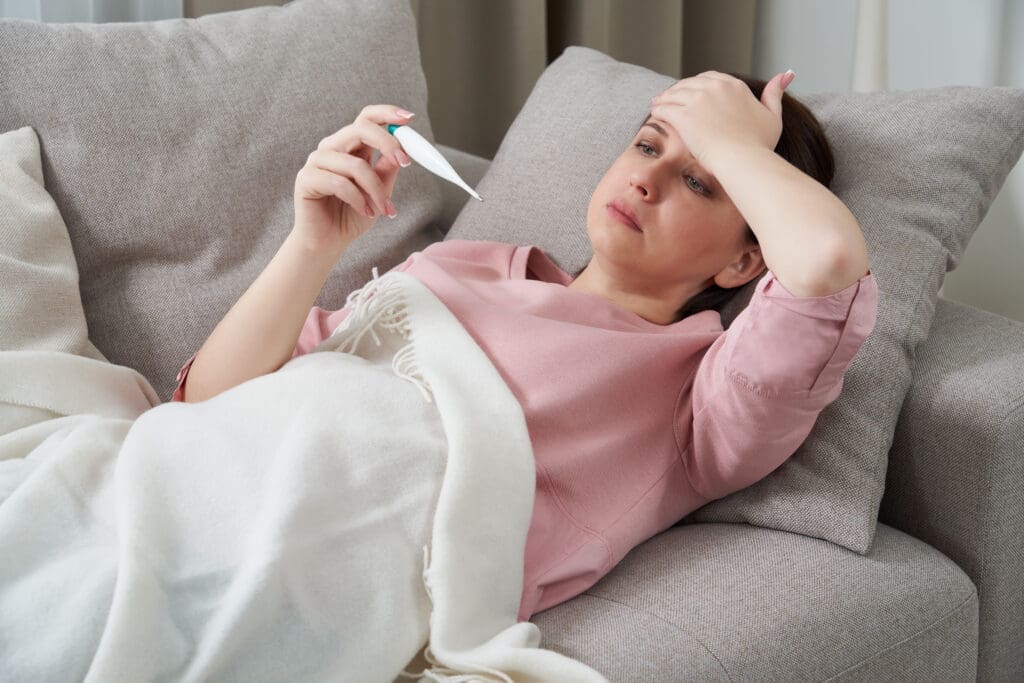
Mastitis
- Mastitis is a breast infection accompanied by pain, fever (38.5 degrees C and above) and engorgement, chills, flu-like body pain and systemic symptoms.
- In some cases, it is from a bacterial infection. It is said to be most common 2-3 weeks postpartum, but it can develop at any time during the breastfeeding period. It is very important to keep breastfeeding even if you have mastitis as sudden stopping or allowing milk to build up in the breast can lead to further issues.
- Stagnation mastitis
- Stagnation mastitis (non-infectious mastitis) causes breast inflammation without bacterial infection. It is usually accompanied by redness, engorgement, lumps, a burning sensation in one breast, and sometimes a mild systemic fever.
- If you have these symptoms, try to breastfeed using the appropriate positioning and latch on to cope with the disruption of breast milk.

- Acute purulent mastitis
- If symptoms do not improve within 24 hours of the start of the symptoms in Stagnation mastitis and you have flu-like symptoms such as fever, chills and body pain, you may be infected by this bacterial form of mastitis.
- If the symptoms are severe, a course of antibiotics may be recommended, but in any case, see a specialist and obtain advice.
